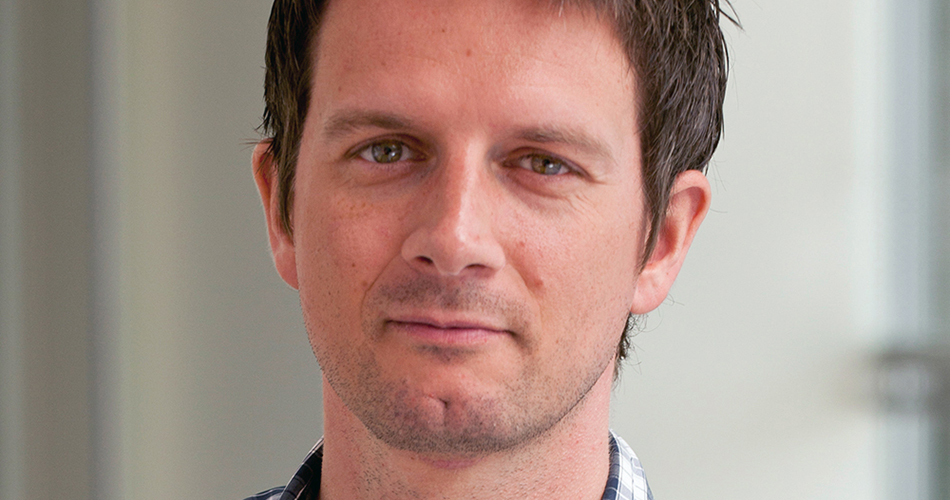Den danske virologen Kristian Andersen ved Scripps Resarch Institute i California skrev 31. januar til Anthony Fauci at det virket som corona-viruset var fremstilt i et laboratorium. Fem dager senere, 4. februar har han snudd 180 grader og kaller det en skrulleide. Hva skjedde i mellomtiden? Han deltok i en zoomsamtale med Fauci.
Logg inn for å lese videre (abonnenter).
Støtt uavhengige nyheter!
Bli abonnentPluss-artikler blir åpnet 24 timer etter publisering. Artikler som er eldre enn to år er forbeholdt abonnenter.






